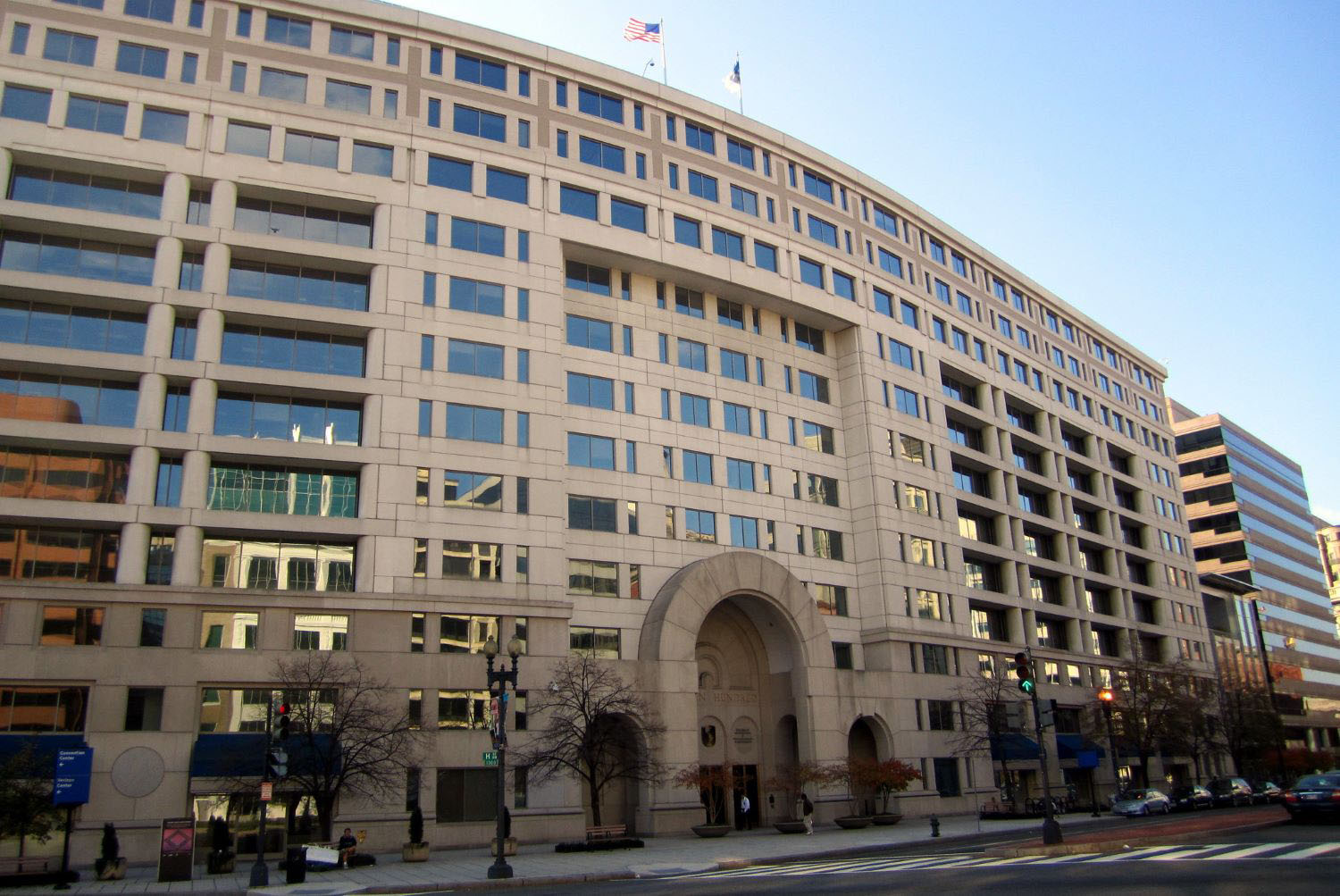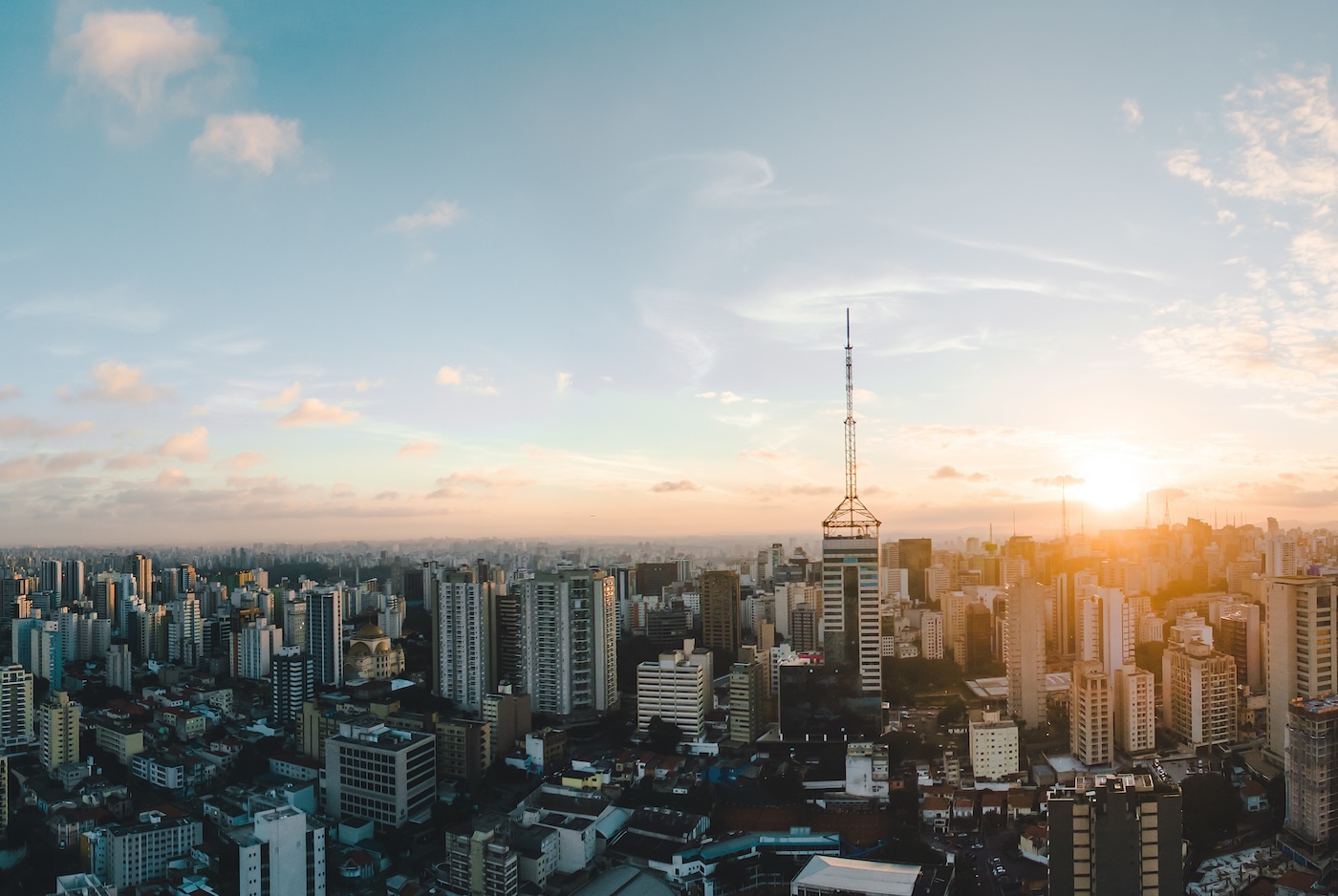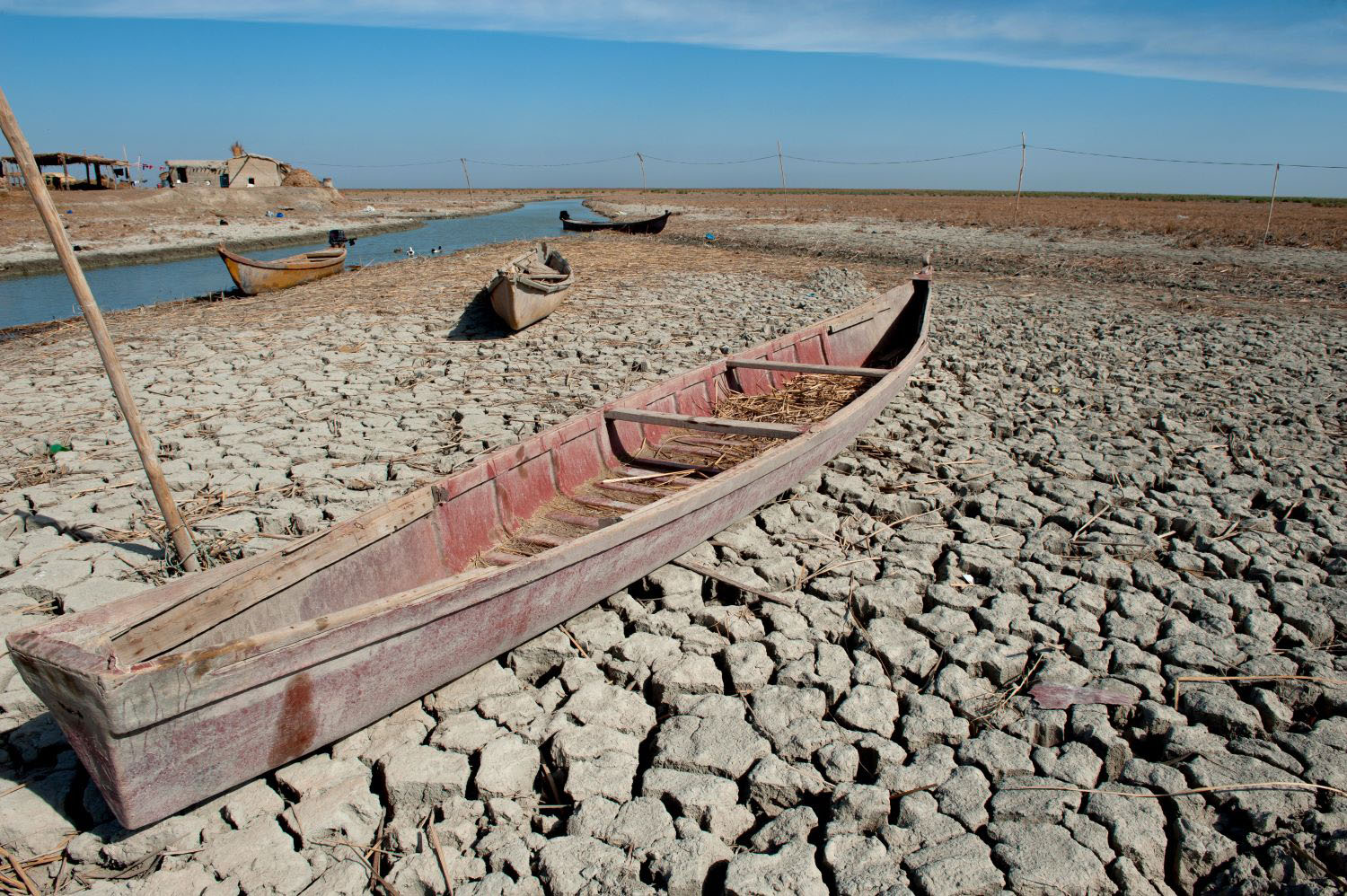Last week, the crisis in Venezuela continued to intensify with two major developments.
First, an apparent assassination attempt against Venezuelan President Nicolás Maduro on Saturday marks an escalation in the political and economic crisis in the country (reportedly the first such attempt against a head of state using drones).
Second, in what will likely be one of his final declarations as president of Colombia, Juan Manuel Santos gave residency and work permits to more than 440,000 additional Venezuelans in Colombia, bringing the total to 880,000. This was a remarkable act of solidarity, but also smart economics: evidence shows that migrants and refugees who get to work more quickly make greater contributions to local economies.
These recent developments reflect a broader trend and reality of the crisis, and also point the way forward. The failed drone attack will only further destabilize the situation, likely leading to a deepened crackdown on the opposition that fuels the collapse of democracy and rule of law. Maduro blamed Bogotá and the state of Florida for the attack, which could escalate tensions with countries including Colombia and the United States. Maduro could double-down on tactics that have spurred an inflation rate expected to reach 1 million percent this year and led to more than 1.5 million Venezuelans to flee to other countries. Venezuelans are struggling amid severe food shortages and little to no available medicine. A further downward spiral is consistent with the widely held expert view that things will get worse before they get better.
While efforts to address the root causes of the crisis are essential, countries hosting Venezuelan migrants and the international community at large should prepare for a situation of protracted displacement. Globally, the average refugee has been displaced for 10 years, and for those displaced at least five years, the average jumps to more than 20 years away from home. There are no indications that Venezuela will be different. Santos’ declaration—which gives Venezuelan migrants with regular status access to formal jobs and health and education services—embodies a productive response to this reality. Social and economic inclusion of displaced people, rather than further marginalization, helps mitigate the risk of disease outbreak, reduce aid dependence, and support inclusive growth for both migrants and their hosts.
In our new policy note, we offer our preliminary thinking toward managing the regional impacts of the Venezuelan crisis. Initial priorities should include:
-
Regularizing the legal status of Venezuelans. Having regular status is essential to meeting protection needs (including protection from forced return) and unlocking potential social and economic benefits to migrants and host communities. Following Colombia’s example, countries in the region should pursue regularization for Venezuelan migrants that affords them rights in line with the 1951 Refugee Convention.
-
Developing a regional framework for response. Despite a number of constructive policy decisions toward Venezuelan migrants in the region, the response is still fragmented and uneven. Building on the Cartagena Declaration and the subsequent regional process, there is an important opportunity to create a collective framework for responding to the displacement crisis.
-
Improving and expanding local service delivery. International support to the region should prioritize expanding local and national capacities for service delivery to meet the needs of migrants and hosts. New and existing mechanisms to mobilize multiyear development financing should be considered to help drive a more comprehensive, regional, and sustainable response.
The United States has the potential to play an important convening role in the response, building on its long-standing partnership with Colombia and leadership in the region. The time for collective action, with a view toward sustainable response, is now.
CGD blog posts reflect the views of the authors, drawing on prior research and experience in their areas of expertise.
CGD is a nonpartisan, independent organization and does not take institutional positions.





